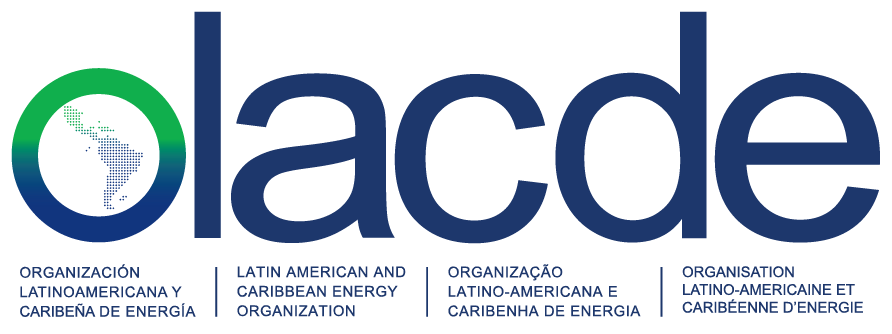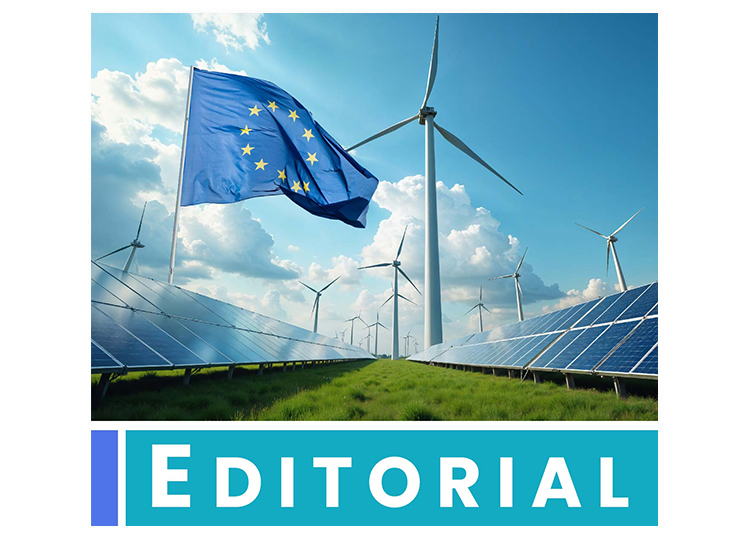In today’s international context—marked by geopolitical tensions, environmental crises, and increasing volatility in energy markets—the relationship between the European Union (EU) and Latin America and the Caribbean (LAC) has gained unprecedented strategic importance. Both regions face common challenges that demand multilateral responses, shared vision, and deeper cooperation.
The European Union, with its technological, regulatory, and financial expertise, has positioned itself as a global leader in the transition toward a low-carbon economy. Latin America and the Caribbean, in turn, possesses vast potential in renewable energy and an abundance of critical mineral resources needed for this transformation.
Collaboration between the two regions is not only desirable—it is essential. Europe needs to diversify its energy sources and secure sustainable supply chains for clean technologies. Meanwhile, LAC requires investments, knowledge transfer, and access to markets to move toward more resilient, inclusive, and environmentally sustainable development.
In times of geopolitical uncertainty and a reconfiguration of international trade dynamics, a strong bi-regional alliance can make a significant difference—not only to drive an energy transition focused on universal access, supply security, and efficient resource use, but also to generate quality employment and reduce technological and knowledge gaps. This, in turn, will help build more sustainable, just, and inclusive economies.
For all these reasons, the European Union’s accession as a Permanent Observer to OLACDE is of particular importance for Latin America and the Caribbean, as it opens new opportunities for strategic cooperation at a decisive moment for both regions.


